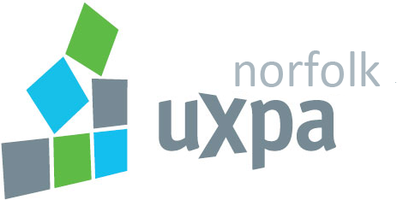 As PR/Marketing people, we all have circumstances where someone depends on us to help them handle managerial, yet emotional, situations:
As PR/Marketing people, we all have circumstances where someone depends on us to help them handle managerial, yet emotional, situations:
- Provide advice on the spot
- Tell them something they don’t already know
- Give them what step(s) to take next
Definitions:
- Managers=focus on today, “in the box” thinking, work the plan for operational results
- Leaders=focus on tomorrow, “out of the box” strategic thinking, future-seeker looking over the horizon for new problems to solve
Employee surveys across the board tell us that the most important things are:
- acknowledgment (do you know I’m here?)
- recognition (does what I do matter?)
- support (can someone help me?) and
- comfort (can I be fulfilled?)
Trust=lack of fear. And, what causes fear? No advance warning, no information or communication, no justice, no compassion and too MUCH public relations. If you stop communicating (i.e. keep something hidden) to “keep people from talking”, staff will talk even more. What is meant by “too MUCH public relations” Say less, act more. Actions speak louder with words.
Rule for dealing with emotional situations: Deal with the emotion first! Examples: “Let’s talk through it, you start. Pick the 2 things that are bothering you the most and let’s start there.” Using small numbers breaks the situation down to a manageable size.
Ingredients of Leadership: Be Positive, eliminate the use of negative language which is basically non-communication. And, negative language is usually not true. For example: “I don’t know.” Why not use this instead?: “My knowledge on that subject is limited. Here’s what I do know. What else would you need to know?” Be Constructive, eliminate criticism PR/Marketing-what a great job! We get to make up most of what we say and get paid for doing it!
From James E. Lukaszewski (loo ka SHEV skee) www.e911.com, an expert in crisis communication and management techniques.
Photo credit jekemp





















No comments:
Post a Comment